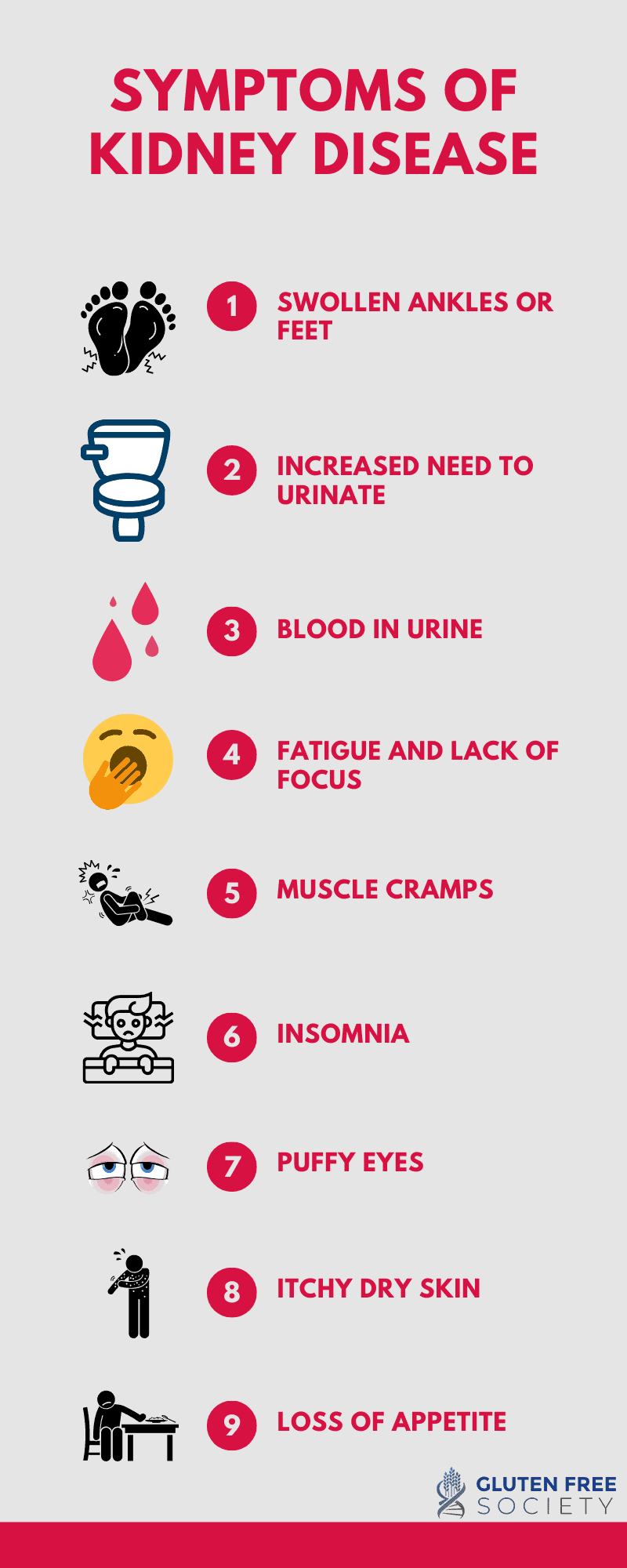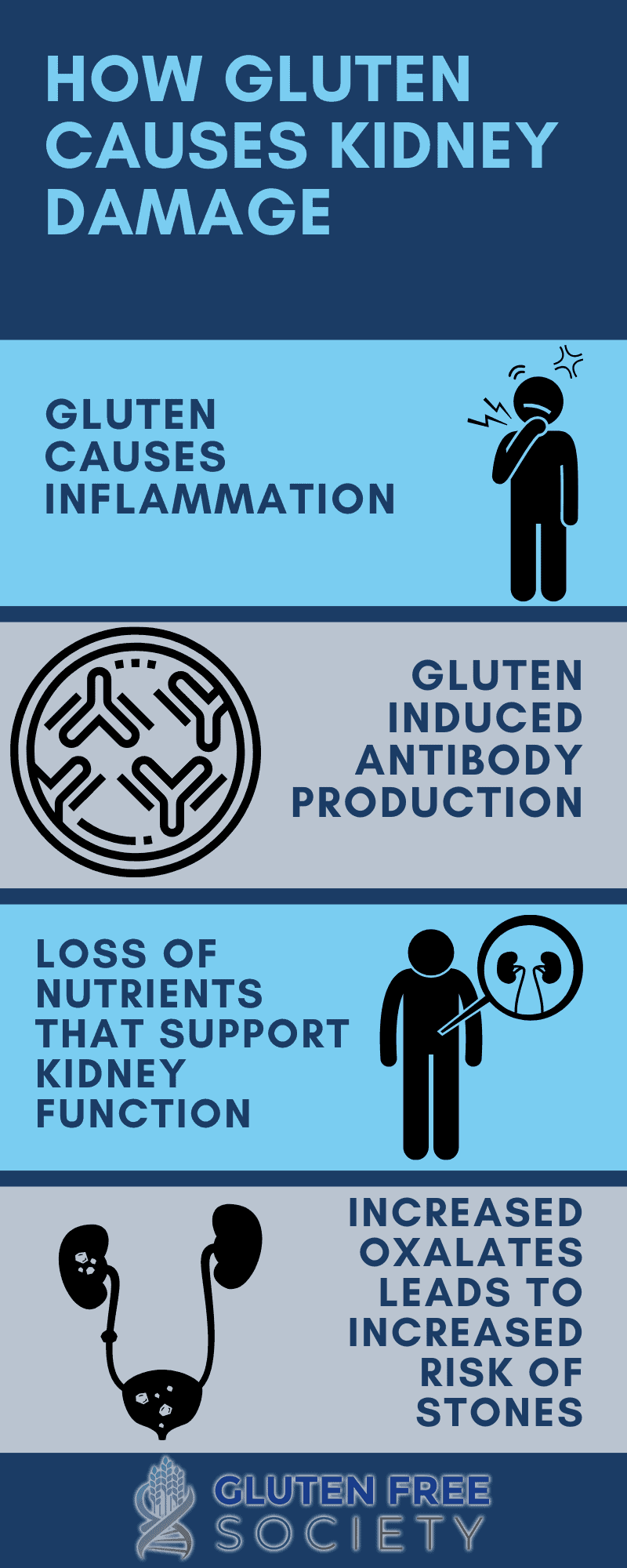new to the gluten free journey?
new to the gluten free journey?

Contents
Toggle

Written and medically reviewed by Dr. Peter Osborne. Updated on July 3, 2020
Stay up-to-date with the latest articles, tips, recipes and more.

*These statements have not been evaluated by the Food and Drug Administration. This product is not intended to diagnose, treat, cure or prevent any disease.
If you are pregnant, nursing, taking medication, or have a medical condition, consult your physician before using this product.
The entire contents of this website are based upon the opinions of Peter Osborne, unless otherwise noted. Individual articles are based upon the opinions of the respective author, who retains copyright as marked. The information on this website is not intended to replace a one-on-one relationship with a qualified health care professional and is not intended as medical advice. It is intended as a sharing of knowledge and information from the research and experience of Peter Osborne and his community. Peter Osborne encourages you to make your own health care decisions based upon your research and in partnership with a qualified health care professional.
6 Responses
can vitamin D cause stones in supplement form and also cause Ca uptake to your arteries?
Thank you
BTW you were outstanding on Jonathan’s fatty liver series.
Not a wasted word or minute You spoke clearly and to the point. Others should take notice of your delivery method.
so very interesting I’m now taking Thyroxine and my Doc recognises it may be caused by gluten intolerance as that can damage one’s Thyroid even though all my blood tests for gluten intolerance are negative. I’ve suffered constant UTIs too but since going gluten free avoiding lactose and a nearly oxalate free diet it has changed my life also I’m always anaemic unless I take Spatone I’m low in B12 so have regular injections. I take magnesium zinc and probiotics to keep me well
Me too! Since going gluten free and dairy free I have not gotten any utis. Previously had them one after another.
A very interesting and helpful article. I would like to know what foods contain oxalates.
Sugar snap peas, black pepper, spinach, tomatoes contain oxalates . Ive recently found out that Im gluten intolerant and I know its caused all manner of problems. I always felt poisoned but my tests for gluten were negative. Turned out that the tests they have dont test for all the glutens. And that I happen to be one of the few people with all of the celiac genes, except for the ones they test for. Whoopee. Its taken me 15 years to find this out completely.
Thank you so much for including info on oxalates along with your gluten info … After antibiotics for Lyme … Body changed so introduced gluten free … then was introduced to oxalates just over a year ago … Lowered my oxalates but now having an issue with the kidneys … Life is a never ending learning process … Your saving lives Dr Osbourn …